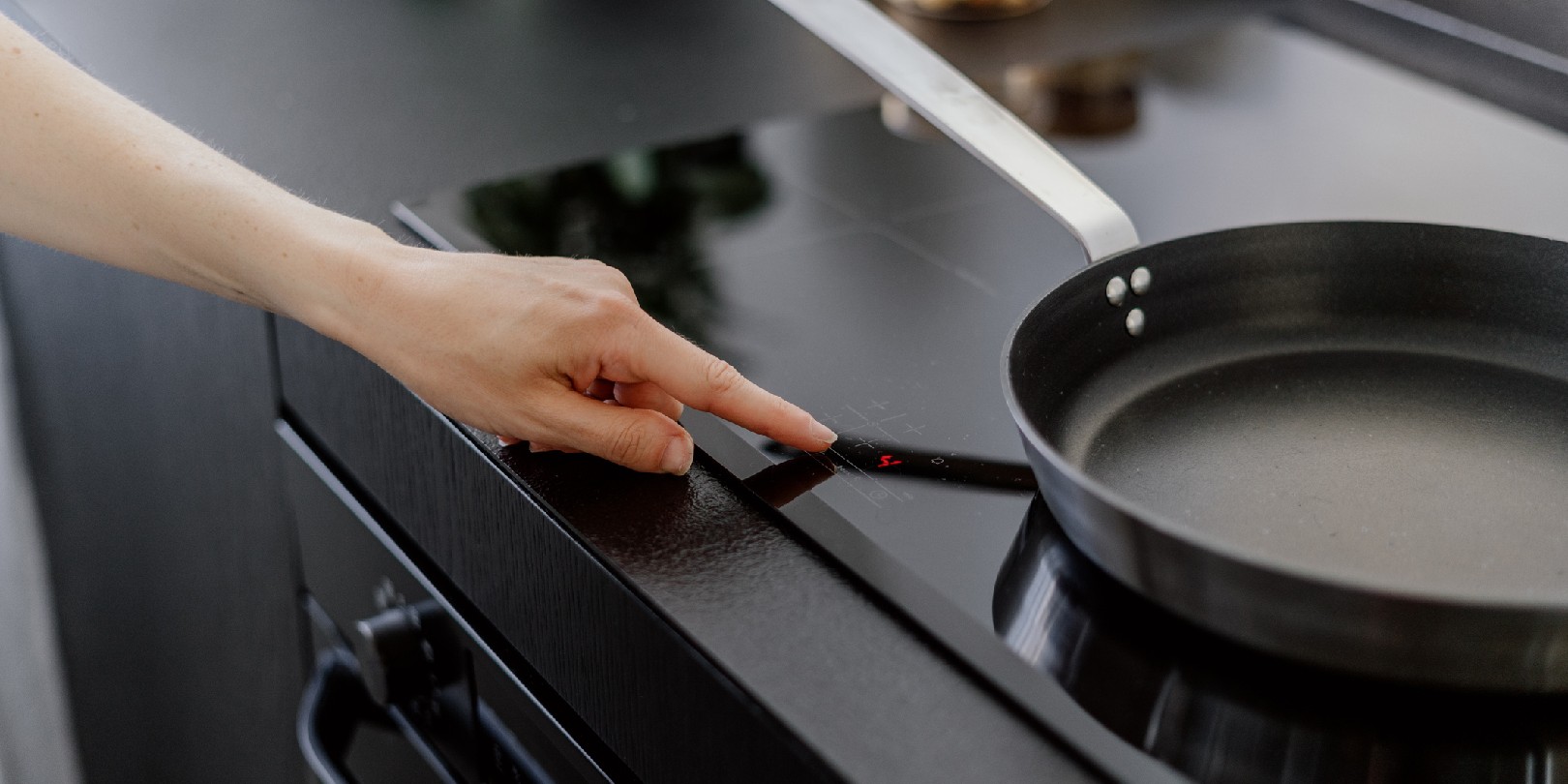These Energy Saving Tips Will Make Cooking Cheaper and Easier This Summer

As temperatures start to soar, it’s time to start thinking about ways to stay cool and save on energy costs during the summer. Cooking is one of the biggest energy drains when the weather gets hot, so it’s essential to find ways to make cooking more accessible and efficient. That’s why we’re here to share some of our top energy-saving tips for cooking this summer.
In this article, we’ll discuss a range of tips, from using an energy-saving stove to finding alternative cooking methods that don’t require a lot of energy. We’ll also discuss the best equipment to make cooking more accessible and energy-efficient. With these tips, you’ll be able to save energy and enjoy delicious meals in no time.
Saving Money When Buying Groceries
Making a grocery list before heading to the store is a great way to save money, as it will help you avoid purchasing items you don’t need. Avoid going to the store when you are hungry, as this can cause you to spend more on impulse purchases. Shopping at warehouse stores can save you time and money, as larger quantities of groceries are typically available at lower prices. Purchasing in bulk can help cut down on the number of trips you need to make to the store and will often result in savings on food items.
Making the Most of Your Leftovers
Leftovers are an excellent resource for creating new, delicious meals without starting from scratch. For example, adding fresh vegetables or herbs to your leftovers can elevate their flavor and make them feel like a new dish. Alternatively, reducing your leftovers into a sauce is a clever way to add flavor to pasta or rice dishes.
In addition to being a tasty solution, freezing leftovers is an adequate time and energy saver. Instead of spending time and effort on buying and preparing additional meals, you can simply defrost and reheat your frozen leftovers for a quick and easy dinner. This can be especially helpful on busy days when you need more time or energy to cook an entire meal from scratch. So, next time you have leftovers, consider repurposing them into a new dish or freezing them later. Your taste buds (and schedule) will thank you.
Changing Up Your Cooking Practices
Investing in energy-efficient kitchen appliances can reduce monthly energy usage and utility bills. For example, an electric wok allows you to use less heat while achieving delicious meals. Utilizing a toaster oven instead of a full-sized oven is another great way to save energy. Pressure cookers are ideal for preparing meals quickly with minimal energy output, making them perfect for those who save time and energy cooking meals in advance.
Storing Food in the Best Way
Proper food storage is vital to preserving the quality and freshness of your food. To optimize your storage space in the refrigerator or freezer, organizing items in a way that allows for optimal airflow and circulation around each piece of food is essential. This helps to maintain the ideal temperature and humidity levels, resulting in better food preservation.
In addition to organizing, it’s crucial to use airtight containers when storing food. This helps keep food fresh for a longer period and prevents wastage due to spoilage or freezer burn. In addition, airtight containers create a barrier that protects food from moisture and air exposure, which are the main culprits of food spoilage.
Optimizing your food storage techniques and using airtight containers can extend your food’s shelf life and reduce the amount of food waste in your home. Plus, you’ll always have fresh, delicious ingredients to create meals that your whole family will enjoy.
Practical Tips for Prepping and Cooking
Preparing meals can reduce cooking time since all the ingredients are ready and waiting to go into the pan or pot when dinnertime arrives. Prepping meals can also lead to enjoyable leftovers down the line. Cooking multiple meals at once allows you to take advantage of whatever heat sources you have available for maximum efficiency and savings on both time and energy expenditure when cooking dinner every night. Opt for recipes that require less energy, such as slow cooker meals or pressure-cooked dishes, rather than using traditional methods like stove-top boiling or baking in an oven throughout a hot summer day.
Conclusion
Energy-saving tips can make all the difference in cooking this summer. Not only will these tips help you save on energy costs, but they’ll also help you save time and make cooking easier. From prepping and cooking multiple meals at once to utilizing energy-efficient kitchen appliances and airtight storage containers, these tips will ensure you get the most out of your summer cooking experience. So don’t forget to keep these tips in mind when cooking meals this summer, and you’ll be able to enjoy delicious meals without breaking the bank!
